ACROSS THE NEIGHBOR’S FENCE
★ ★ ★ ★
ARTISTS-IN-RESIDENCE – SHIFTING BORDERS
Artist Statement – Alpana Aras
I felt a connection to Cuba long before I got there. A connection born from my Indian roots as an immigrant to a foreign land. Drawing from my personal history, I wanted to fashion stories with the common thread of hope that ties us together—the hope for a better life than the one we have, one that transcends borders. My camera was an instrument for documenting everyday people, and connecting with them across language barriers to share stories.
In my photo of a boy looking across the neighbor’s fence, is he wanting to be a part of their world or simply wanting to play with a toy out there? It feels out of reach to him with the border in between. How different is he from any of us? Human nature is such that we want something we don’t have. Sometimes, even with abundance we still want more.
Upon arrival, Cuba presented itself as an old, familiar place where time had stood still. It is the stereotypical picture of the country that you might see in your mind’s eye, with the classic cars and art deco architecture. However, I had a different vision of documenting Cuba. One that would look beyond the clichés of the cars, beaches, and cigar smokers. One that would look into the hearts of the people, and in that moment, give me a glimpse of the shifting landscape of the future.
On the surface, it seems that there is hope for change. But this seems slow. Some say it may be the inefficiency of the system, or reluctance on behalf of the government officials. There are nuggets thrown at the people to show change. Like lowering the price of primary necessities such as oil from 50 to 10 cents. But then they increase the price of cigarettes by 10 cents, which brings forth a feeling of distrust, of being given something but having something taken in return. In spite of the day-to-day challenges of the governing regime the resolute people of Cuba carry on.
My hope was to showcase a glimpse of the lives of everyday people in Cuba in a meaningful fashion. When people see my art, I want them to have a small taste of the world that I walked into, one that I hoped to capture as it exists.

Based in San Francisco, Alpana Aras is an award-winning lifestyle and portrait photographer originally from Mumbai, India. Her formal art-school and advertising agency background go hand in hand with her ability to see the big picture. In her work she strives to find the story in life’s everyday moments. Her work can be seen at www.storyboxart.com and www.alpanaaras.com
Artists’ Statement – Shifting Borders
Earth:
We live here. All of us. Crisscrossing this one shared planetary moment. How can we ever understand what we are, where we are, or what we should be in such a blink of time? Instead, we build fences, walls, claim territory, grind her, plough her, mine her, frack her, divide her; claim her, fight over her. We were a trickle that became an infestation, a tickle that became a poison. Do we ever sit still and listen?
100,000 years ago a small group of humans walk out of Africa, spreading over the world in successive migrations. Protean creatures we are, we become smaller, or taller, blonder or develop red, curly hair, straight hair, blue eyes, almond eyes. In the searing sun outback of Australia we kept our colour, but in the North cold sun-starved regions, our color drains, we lose our pigment, but still have all the same roots, are the same tribe.
We forget. We make up stories. Our stories become sacred. We start fighting for these stories that we just made up. When people don’t believe our stories and follow their own we want to kill them.
Restless we are and have always been.
We can unteach what will hurt us.
The bigger-brained Neanderthals were probably our first victims. The first ethnic cleansing. The first indigenous to be absorbed, or colonized, and ultimately destroyed by our expansion.
Regions armed with guns and germs enriched themselves off of the less industrialized.
We are always on the move, crossing mountains, blindly walking through deserts, swimming over oceans, sailing on small ships. Dissatisfied, wanting.
Humans flow over the earth, always a swirling current, now a rising flood. Once again we are on the move; the borders are shifting.
We have a new story to write.
What if neither Europe nor the U.S. needs to remain white?
What if the mass migrations are not the problem?
What if the problem is the war machine that reduced the migrants’ region to rubble?
What if the mothers and their children we have imprisoned for crossing our borders are the ones who came 20,000 years before us?
What if they are home?
What if the people of the South can be let into the North? Just as the people of the North took from the people of the South.
What if the humans from the North looked at the humans from the South and the humans from the East looked at the humans from the West?
What if we all suddenly remembered?
Can we understood how little time we will spend together here? The fragility is stunning. What if we stopped being scared?
* * * *
Our group works from the Bay Area in California, a privileged place at the edge of a giant continent that claims to police the world. We just had a show highlighting the Syrian refugee crisis. We also have a border just to the south where 60,000 migrant families arrived at the Southwest Border during the summer and fall of 2014. So the United States Department of Homeland Security (DHS) rapidly expanded centers of detention. It was a thought-out policy called “detention as deterrence.” This is contrary to international law. Now along the borders we have imprisoned women with their children without even assessing their claims. They have no rights. They have no ability to leave. They have committed one crime, the usual crime—they are poor, and their governments will not protect or provide for them. They, like many humans before them, migrated looking for a better life. These issues among others, environmental borders, personal borders, are ones we focus on in our individual work.
Our group #shiftingborders is a diverse and fluctuating group of artists who all migrated to Silicon Valley because of the opportunities offered in the high-tech industry to our partners or ourselves. We all work in different mediums and believe different things. We are very happy this month to share our work with The Wild Word, a new magazine dedicated to excellence in art and committed to the same core beliefs as ourselves. Because if we share one core belief, it is that art is more powerful when it means something, when it addresses social injustice, and when it attempts to explore the crisis and strain our planet is under.
Emer Martin
California June, 10th 2016
Emer Martin is an Irish novelist, painter and filmmaker who has also lived in Paris, London, the Middle East, and the United States. Her first novel, Breakfast in Babylon won Book of the Year at the 1996 Listowel Writers’ Week. More Bread Or I’ll Appear, her second novel, was published internationally in 1999. Baby Zero was published in March 2007 and released internationally through the publishing co-operative Rawmeash based in the Bay Area California. Why is the Moon following Me? is her first children’s book.
She studied painting in New York and graduated from the Thomas Hunter Honors Program of Hunter College as class valedictorian in January 1998. She had two sell-out solo shows of her paintings at the Origin Gallery in Harcourt St, Dublin. She recently completed her third short film Unaccompanied. She produced Irvine Welsh‘s directorial debut NUTS in 2007. She was awarded the Guggenheim Fellowship in 2000. Her new children’s book The Pooka will be released this Halloween 2016. Her fourth novel The Cruelty Men will be released in Ireland and the UK in 2017. She now lives in Palo Alto, California.
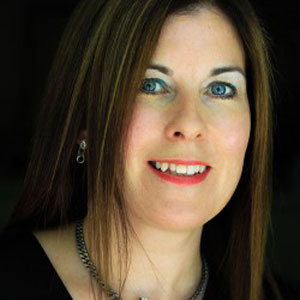
For more on the work of Shifting Borders

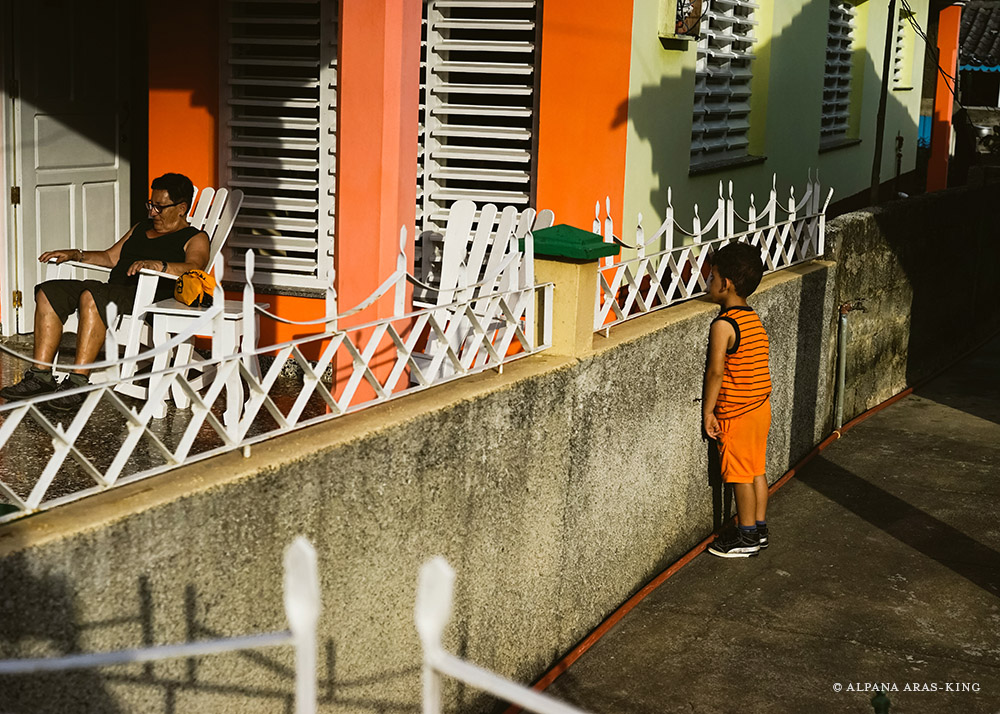
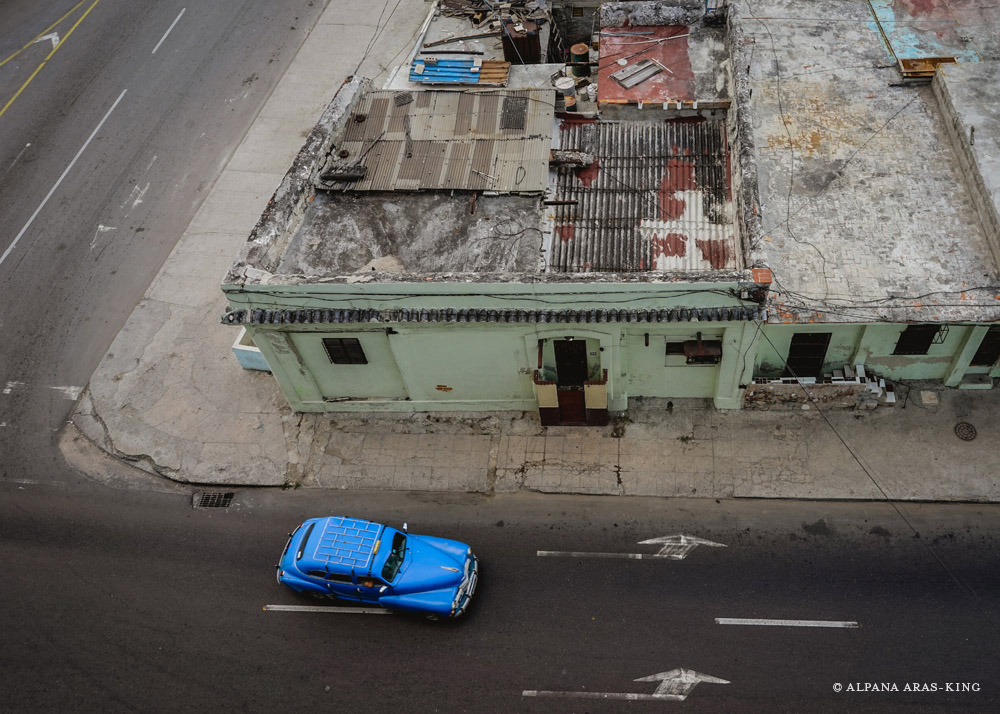
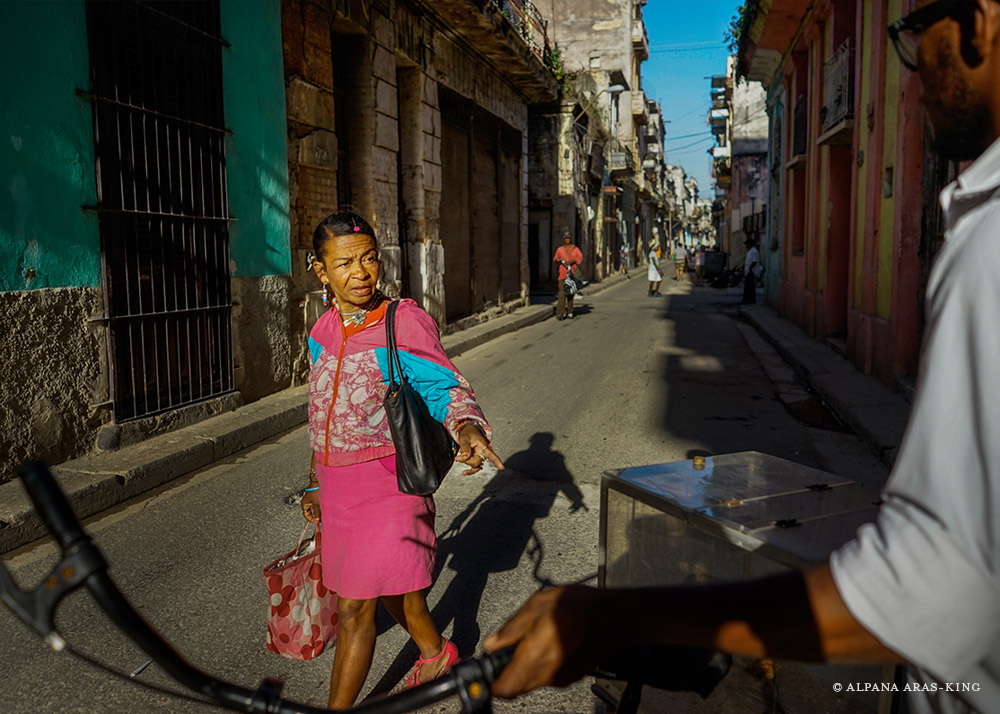
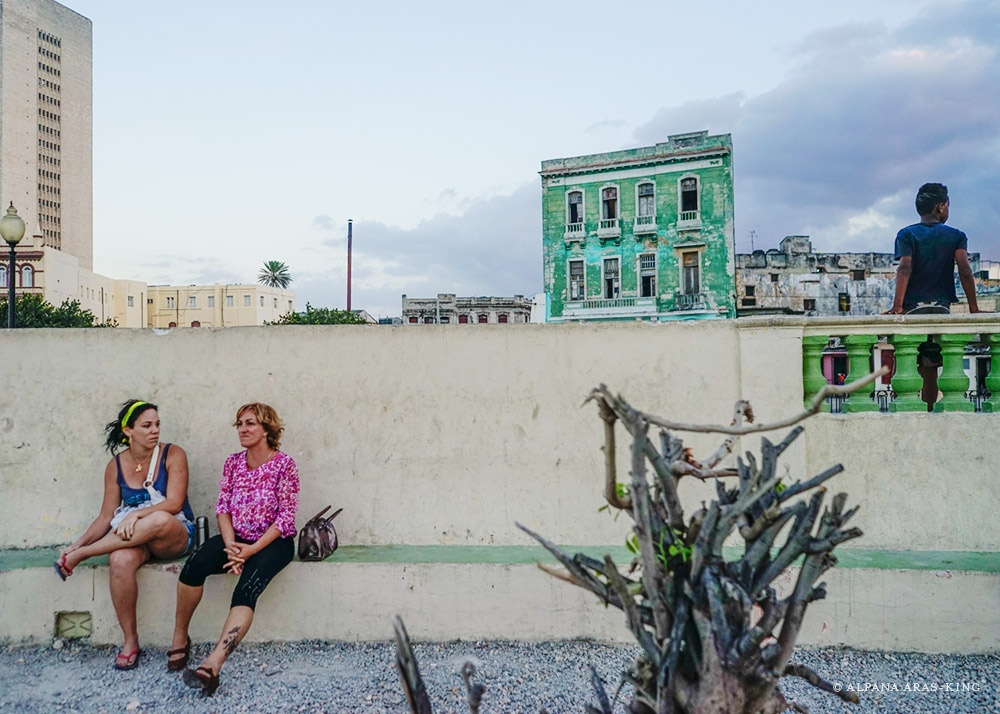

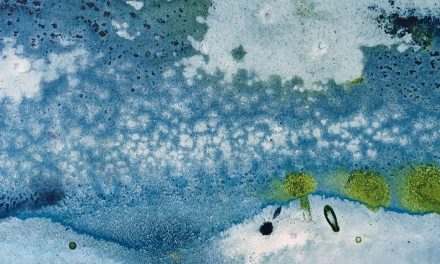
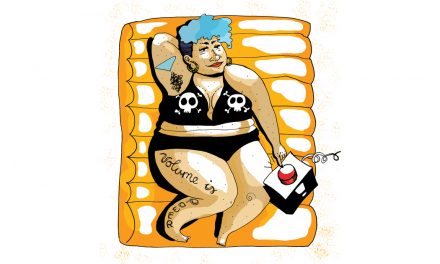
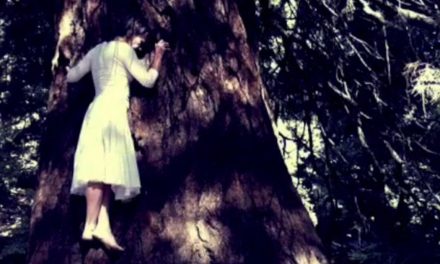
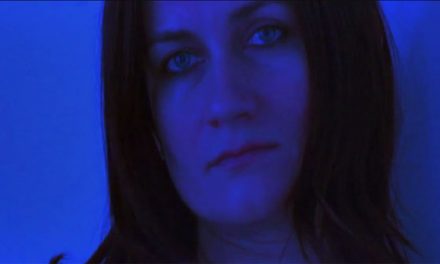























Love both the images and sentiments expressed here. Clear-eyed, yet hopeful.